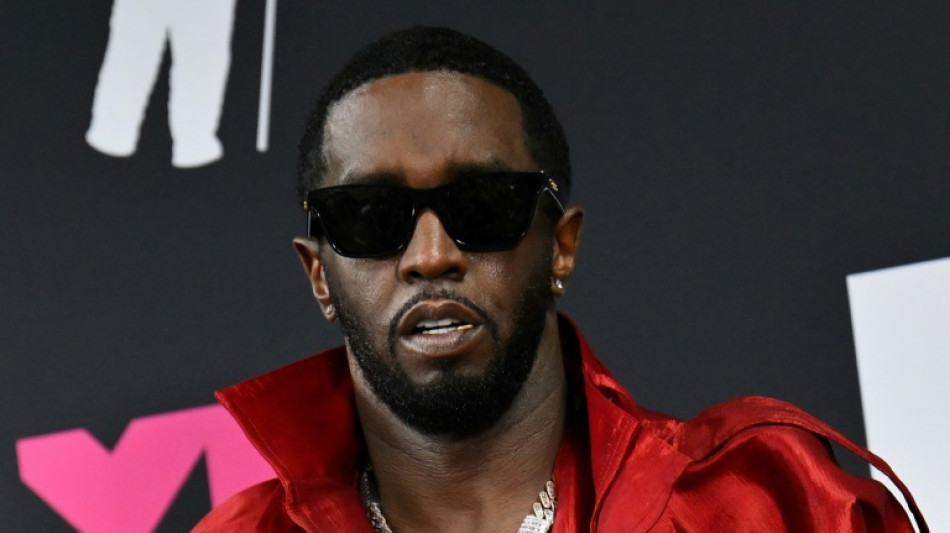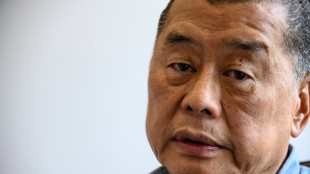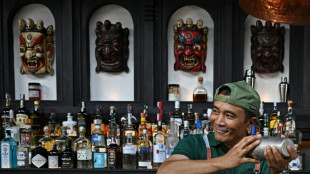
Combs defense team set to take the floor in trial's closing arguments

Sean "Diddy" Combs's lawyers will deliver their closing arguments in his defense Friday, one day after the prosecution spent nearly five hours detailing a "climate of fear" they say he created as the alleged head of a decades-long criminal ring.
Defense attorney Marc Agnifilo is expected to take the floor for Combs, the 55-year-old music mogul who faces upwards of life in prison if convicted on charges including racketeering and sex trafficking.
Combs, who was once one of the most powerful figures in music and entertainment, denies all charges.
He opted against testifying on his own behalf, a common strategy of defense teams who are not required to prove innocence, only to cast doubt on government allegations of guilt.
For nearly five hours on Thursday US attorney Christy Slavik methodically walked the jury through the charges, weaving the thousands of phone, financial, travel and audiovisual records along with nearly seven weeks of testimony into an intelligible narrative.
She told them Combs "counted on silence and shame to keep his crimes hidden."
"Up until today, the defendant was able to get away with these crimes because of his money, his power, his influence. That stops now," she said.
In explaining the most serious charge of racketeering, the prosecution said Combs led a criminal enteprise of "loyal lieutanants" and "foot soldiers" who "existed to serve his needs."
Core to the prosecution's racketeering argument is that high-level employees including his chief-of-staff and security guards -- none of whom testified -- were well-aware of his crimes, and helped him carry them out.
"He became more powerful and more dangerous because of the support of his inner circle and his businesses," Slavik said.
- Consent or coercion? -
As they did in opening statements, his defense is expected to insist that while some of his relationships included domestic violence, they didn't involve the sex trafficking he's accused of.
The prosecution showed examples they say are "crystal clear" evidence of trafficking that included coercion into drug-addled sex with paid escorts under threat of reputational, physical or financial harm.
But it's anticipated the defense will say the alleged victims were simply adult women making adult choices.
Both the women involved in the sex trafficking charges -- the singer Casandra Ventura and a woman who testified under the pseudonym Jane -- were in long-term relationships with Combs, and the defense team said in opening statements the sex was consensual, if unorthodox.
Jurors were shown many phone records that included messages of affection and desire from both women -- but prosecutor Slavik said taking those words literally, and in isolation, doesn't paint the whole picture.
Throughout her arguments she referenced testimony from a forensic psychologist who explained to jurors how victims become ensnared by their abusers.
And in one powerful moment she asked jurors to put themselves in the shoes of Ventura, who testified of harrowing physical abuse for years under Combs.
"Imagine the terror of never knowing when the next hit might come," Slavik said. "Now imagine trying to say no to that person."
Government witnesses also included former assistants and other employees, as well as escorts, friends and family of Ventura, and a hotel security guard who said he was bribed with $100,000 in a paper bag.
The defense opted against calling witnesses, including Combs himself, a strategy that's not uncommon.
The obligation to prove guilt lies on prosecutors, and unless jurors decide they have done so, the defendant is presumed innocent.
It's possible the defense believes they cast enough doubt on the prosecution's arguments during their extensive questioning of the 34 people US attorneys brought in.
After closing arguments wrap, judge Arun Subramanian will instruct jurors on how they are to apply the law to the evidence during their deliberations.
O.Ouellet--SMC


 London
London

 Manchester
Manchester
 Glasgow
Glasgow
 Dublin
Dublin
 Belfast
Belfast
 Washington
Washington
 Denver
Denver
 Atlanta
Atlanta
 Dallas
Dallas
 Houston Texas
Houston Texas
 New Orleans
New Orleans
 El Paso
El Paso
 Phoenix
Phoenix
 Los Angeles
Los Angeles



